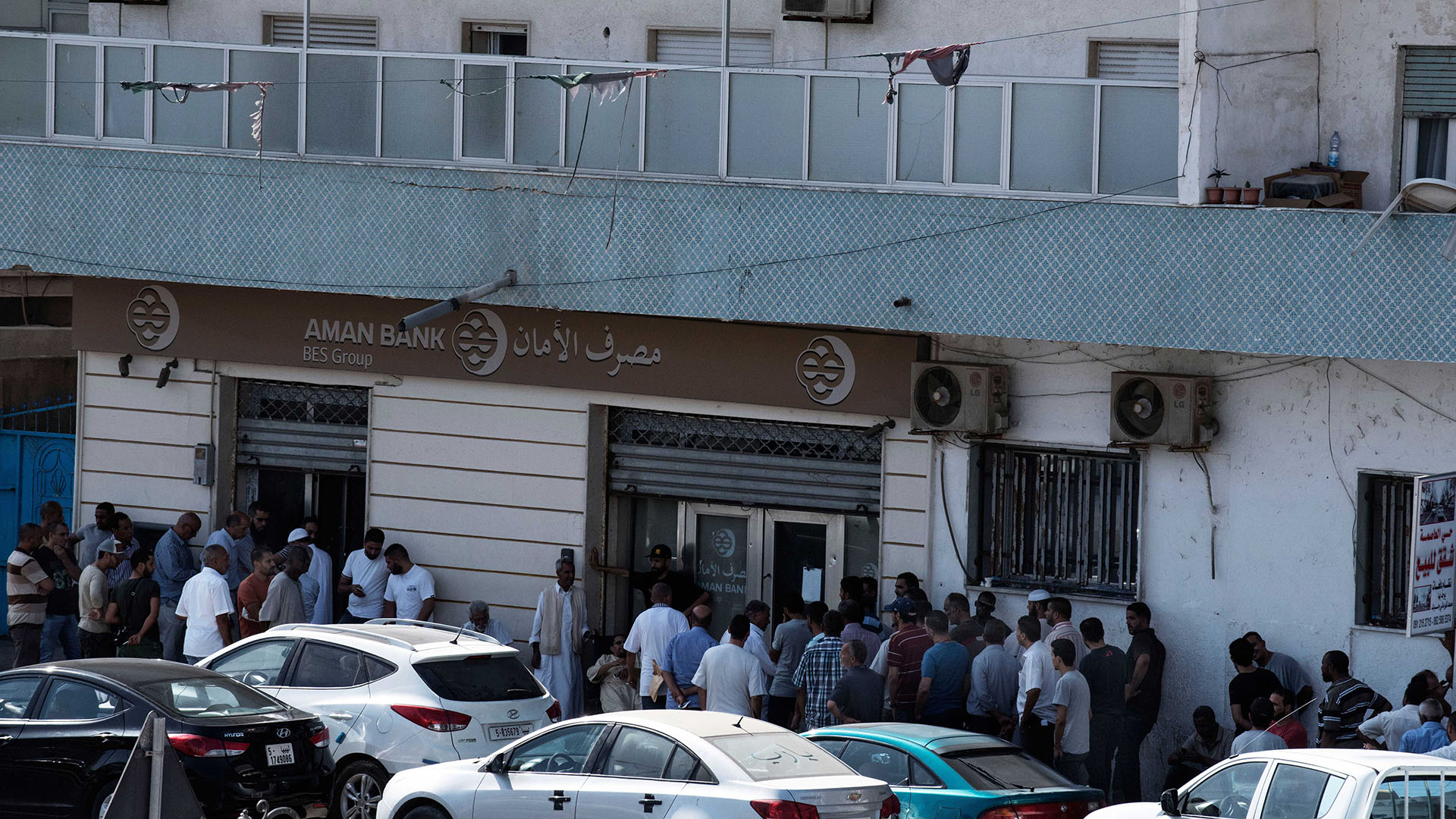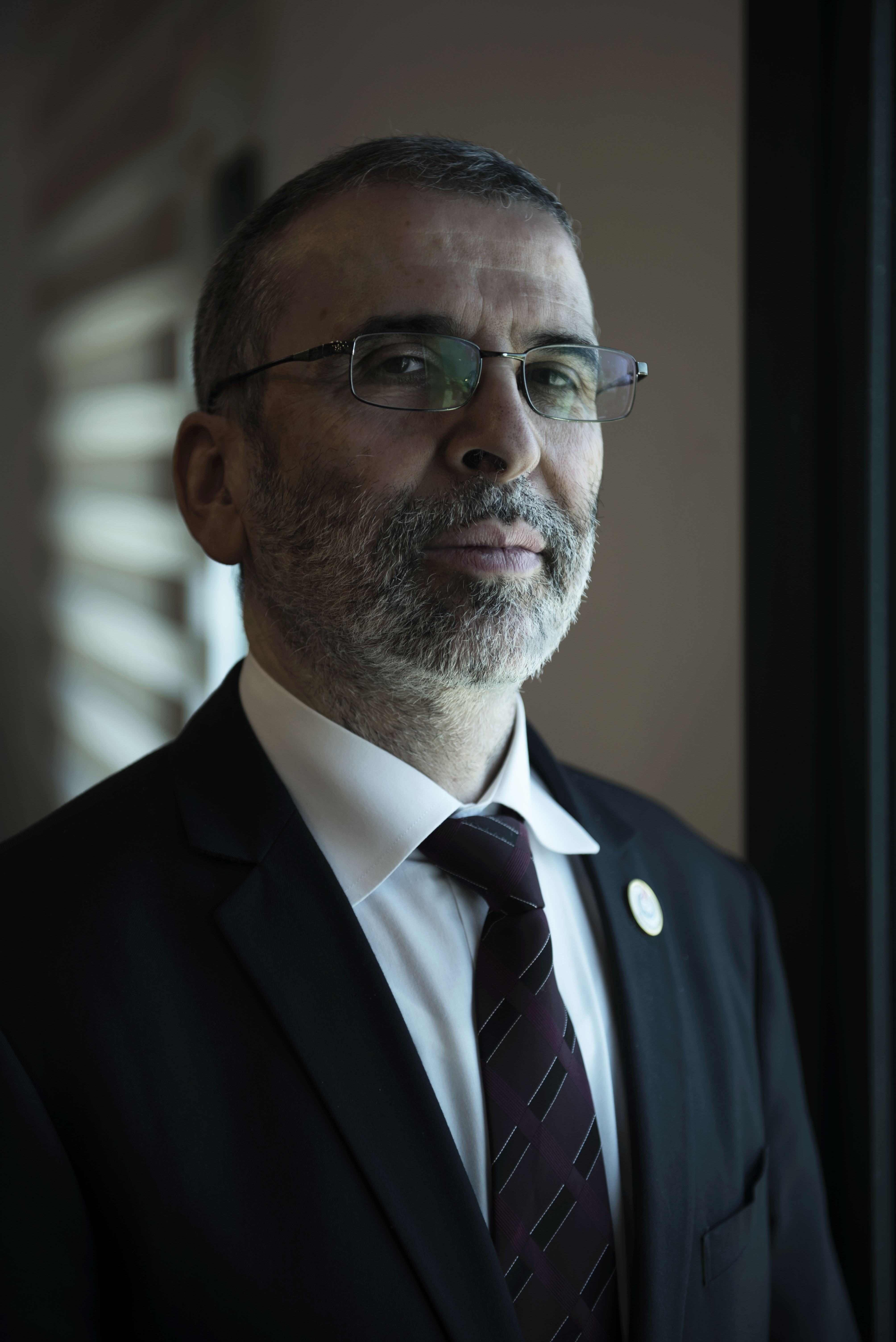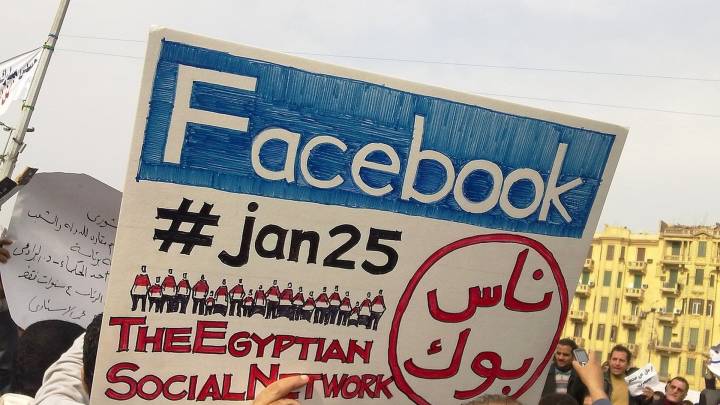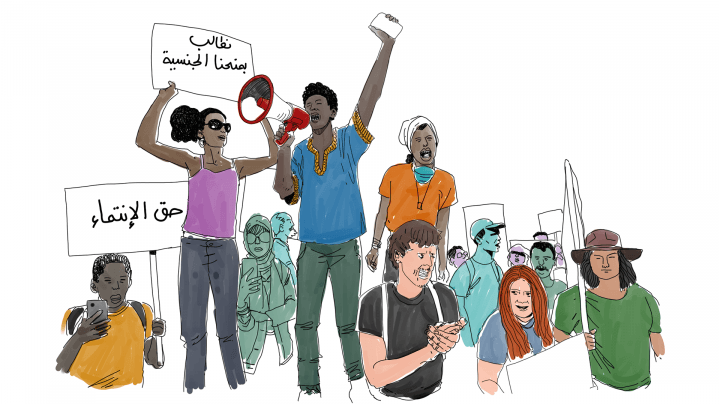Libya’s militias solidify their grip on power–at the expense of the public. Can a new set of reforms change the equation as Libyans all over the country struggle to make ends meet?
“I keep waiting for my turn to withdraw some money. Of course, something has changed, but for how long?” Mohammed Mizdawi is about 60 years old, he is queuing outside one of the banks in the centre of Tripoli, near Martyrs’ Square.
It is evening, late in November 2018, and despite the late hour the banks are still open, people line up in the hundreds, women on one side and men on the other.
In front of the banks, soldiers wearing the official uniforms of the Libyan Interior Ministry in addition to other armed guys are posted to sort the lines of the people waiting. Those guards are men loyal to Haitham Tajouri, leader of the Tripoli Revolutionary Brigade (TRB), one of the most powerful militias in the Libyan capital.
The Tajouri militiamen decide on who enters and leaves the building. In front of the banks, their sparkling vehicles are parked, motorcycles, and a brand-new Mercedes. Occasionally Haitham Tajouri himself shows up and receives a praising welcome. Because for the first time in years, instead of 500 dinars a month, Libyan citizens can withdraw 5,000 dinars. Someone is shouting “It’s all thanks to Haitham”, another one “Tajouri is our hero”, because they consider him the main actor to put pressure on the Central Bank and the branches of the banks to give out more money to the citizens.
The price of consumer goods increased by a record 28 per cent in 2017
“Do not be fooled,” continues Mohammed, careful not to be heard by anyone – “there are just a handful of banks open until late and only here, in the neighbourhoods controlled by Tajouri. If you go to other areas, the situation is the same as before. The truth is that the militias are afraid of losing power. They are defending their power and their profits.”
Then he gets back in line, a shopping bag in one hand and a newspaper in the other and says: “We are a rich country, we have always been. We walk on oil and gas. And we stand in line for little money and for gasoline. The warlords smuggle and loot our wealth.” Ordinary citizens have suffered from a persistent cash liquidity crisis and falling purchasing power, according to the International Crisis Group (ICG). As a result, the price of consumer goods increased by a record 28 per cent in 2017.
The political situation in Libya is still characterized by polarization between the forces of Khalifa Haftar, the military leader in the eastern part of the country, and the GNA, led by Fayez-al Sarraj and based in Tripoli. Last September, another bloody battle in the capital between the armed groups competing for the territory took place between the Seventh Brigade of Tarhouna and rival militias linked to the GNA. The clashes caused 120 deaths and displaced thousands of people and ended with a UN-negotiated ceasefire.
The Seventh Brigade leaders, supported by the Al-Samoud Brigade of Salah Badi, said they wanted to ‘free the city from the corruption of the militia cartel’ and ‘guarantee citizens access to their wealth and money’. What is certain is that the September war points out, once again, the state of governance, marked by the lack of organization of the armed forces, and the lack of monopoly of military force. The weaker the government is on the ground, the stronger is the power of the militia replacing it.
The real power of the militias, today, is in fact that of influencing political power from within
The chaos is made even more complex by the fact that the militias, in the last two years, have been legitimized by the Sarraj government that has partially incorporated them into the institutions. Through the use of force, the militias have managed to impose conditions on the political leaders that facilitate their agenda. In a setup more similar to the contemporary institutionalized mafias than to armed bands, they patrol the streets. The real power of the militias, today, is in fact that of influencing political power from within.
“The militias are the greatest threat for Libya, and not only for the oil industry, but for the whole society. The militias continue to be the main factor in the conflict and the ensuing disorder,” says Mustafa Sanalla, head of the National Oil Corporation (NOC), commenting on the developments in the latter half of 2018. The NOC fared well amid the chaos, with an average production above 1 million barrels per day.
But as the brigades are armed groups capable of exploiting the fragmented security structures and threatening the activities of the NOC for their economic benefits, the status quo is no longer sustainable–neither for the NOC nor the nation. “Financial transparency can and must play a fundamental role: citizens must know how all the income dynamics of oil production are invested, who manages them, how and where they are invested. This is crucial for the Libyans”, demands Sanalla.
After the September war, the GNA announced economic reforms to remedy chronic shortages. On September 12th, the Head of the Presidential Council, Fayez Al-Sirraj, the Head of High Council of State, Khalid Al-Mishri, and the Governor of the Central Bank of Libya (CBL), Al-Siddiq Al-Kabeer, signed and approved an economic reforms package which includes new rates for foreign currency purchases in Libyan banks, aimed at addressing distorted fuel prices and to combat currency rates at the black market.
“The commercial banks in Libya will collect the fees of the purchase transactions and will deposit them into a special account to help pay off the public debt and other commitment”, the text of the document says. The reforms are also intended to secure an influx of dollars into the market to strengthen the dinar.
One of the principal goals of the reforms is to curb profiteering from the state’s resources by those who can access foreign currency at the official rate and sell at black-market rates
One of the principal goals of the reforms is to curb profiteering from the state’s resources by those who can access foreign currency at the official rate (1.38 LYD=1 USD) and sell at black-market rates (currently 5.3 LYD=1 USD).
The gap gave the opportunity to cheat the state and steal money from its coffers, taking advantage of letters of credit for the import of goods, which is a method often used by the militias to inflate purchases to gain extra profits.
The government has now imposed a service fee of 184 per cent on the official exchange rate for all foreign currency purchases required for commercial or personal transactions. According to the reforms plan, a technical committee of the two bodies along with Finance and Planning Ministries has to be established.
The necessary and long-awaited reforms, however, are getting a fair share of criticism from analysts who doubt their effectiveness. It is difficult – in fact – to think of a real impact of economic measures without subsidy reforms, especially in a country where the level of corruption is endemic and worrisome, and where the economic institutions, above all the Central Bank, are still divided along the lines of control on the ground.
The smuggling of fuel cost the state $ 6 billion a year, according to a 2015 Interpol report
“While these economic reforms may relieve some of Libya’s economic woes, they do not offer the potential to resolve them, and may actually make things worse for some, if the changes lead to price increases. And the power of those who control Libya’s illicit marketplace, both through violence and corruption, should not be underestimated,” writes Tim Eaton, Research Fellow for Middle East and North Africa at Chatham House.
“The hyper-centralized nature of Libya’s institutional framework means that to control state institutions in Tripoli is to control the distribution of state revenues, as recent violence in Tripoli and Libya’s ‘oil crescent’ illustrate. Efforts to reduce the opportunities for those to profiteer from Libyan state resources and to reunify Libyan institutions are worthy endeavours. Nonetheless, the UN and its international partners must seek to wed short-term approaches with attempts to support more substantive reform,” argues Eaton.
In a recent ICG report, Claudia Gazzini also highlights the critical elements of the reforms. It is not clear how service tax revenues will be used and government officials are worried that Serraj and his entourage could use these funds to buy loyalty rather than fund development projects. “Another question is whether these funds will go into the regular government budget, which auditors review, or will remain outside the budget line, which allows for less financial scrutiny. The state should establish careful oversight of these funds’ allocation,” writes Gazzini.
Among the necessary reforms is a reduction in fuel subsidies which so far have enabled smuggling, creating a source of income for the militias at the expense of the public. (The smuggling of fuel cost the state $ 6 billion a year, according to a 2015 Interpol report.)
“Gas stations are not able to protect resources resulting in a shortage for citizens and inflated prices, the country is losing up to $ 750 million a year due to criminals who systematically fail every political mediation process to maintain active illicit trafficking,” says Mustafa Sanalla. “It is crucial that oil and fuel revenues are managed by a Central Bank that guarantees the transparency of this management to citizens.”
Despite the turmoil, oil companies are renewing their interest to return and to strike new exploration agreements
In November 2018, the United Nations Security Council voted to extend the mandate of the Panel of Experts who oversee the sanctions targeting the illicit export of crude oil and refined products from Libya until February 15, 2020. The Security Council stressed that “the primary responsibility of the Government of National Accord (GNA) is to take appropriate measures to prevent the illicit export of oil, including crude oil and refined petroleum products, from Libya”.
A long-term vision and a structural reform of subsidies are necessary steps to ensure that the economic reforms adopted in September 2018 can bring lasting results. “The country stands on the precipice of fracture, susceptible to a weak security environment, as demonstrated by the attack on NOC headquarters last September, which killed two, and injured ten. There is an endemic lack of transparency in how the government is working and a perception of unfairness across the country on how the nation’s finances are distributed,” says Sanalla.
Despite the turmoil, oil companies are renewing their interest to return and to streike new exploration agreements. Italian ENI and British BP have recently signed such a document. The Letter of Intent (LOI) will launch the process for ENI to acquire a 42.5% stake in BP’s Exploration and Production Sharing Agreement (EPSA) in Libya, aiming to boost in-country exploration and development activities and promote Libya’s investment environment. The LOI also strengthens the parties’ commitment to “contribute to social development in the country through the implementation of social impact initiatives, including specific education and technical training programs”.
“The independence of the NOC must continue to be protected by UN Security Council resolutions,” demands Sanalla. “Libya needs an official and united security apparatus, otherwise the NOC will remain constantly exposed to the threat of attacks by those who want to undermine the processes of cooperation for their own benefits.”






